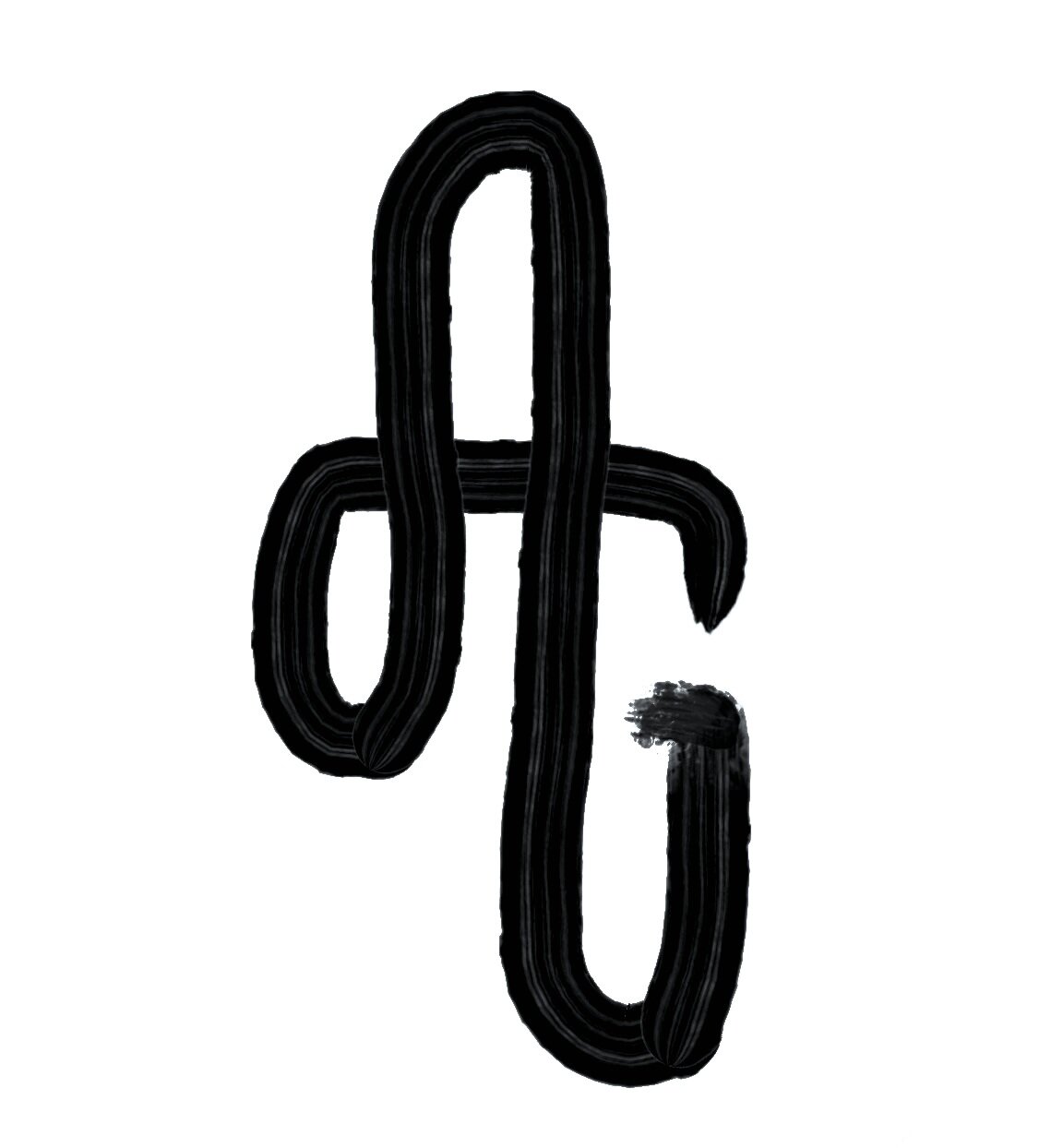Cacao Ceremonies And What To Consider.
Today I completed the last day of the 20-day cacao drinking challenge that I started while traveling in Guatemala. Originally I was planning to complete a Cacao Facilitator Training in Guatemala to learn about cacao, and how to integrate its use into my life and my work with clients. However, my plans changed when I did not sign up for the course in time and instead sought out an alternative way of learning. Fortunately, I found The Mayan Wisdom Project and signed up for one of their virtual fire ceremonies. Immediately I knew I was in the right place.
I learned so much rich information about cacao and the Cholq’ij calendar but what stood out to me the most was the emphasis they place on the importance of maintaining the integrity of sacred medicine. First and foremost, there is no such thing as a “cacao ceremony” for Indigenous Maya, rather it is more accurate to say that they use sacred cacao, which is consciously prepared according to their ancient traditions, in their ceremonies.
The MWP is transparent and acknowledges that its mission is to be a bridge between the Indigenous Maya and the world, in a safe and authentic manner, amidst “the trendiness of modern age spirituality.” Spirituality has become trendy, and while this demonstrates that humanity is waking up to deeper truths and is seeking healing, it is also important to consider how this is unfolding in the modern age of social media.
People too quickly publicly claim titles, identify as spiritual guides/healers, and/or offer to facilitate the use of sacred plant medicines after having a personal experience, and/or completing a certification. We must practice caution and acknowledge the repercussions. In a world where carefully curated images are alluring and grasp people’s attention, leading them to admire and desire what they see, they are led to believe that the person holds the key.
My intention is not to discredit people, their capacity, or their work, instead, I am acknowledging that these communities have ethical guidelines to safely practice, and it is important that we inform ourselves adequately to honor them. For example, I learned that an Aiq’ij (spiritual leader) trains for up to 20 years before practicing with people in the community. This demonstrates the respect they have for the energies of existence and the integrity of their traditions. Perhaps this is something we must all consider, especially those of us who are drawn to sacred medicine and ancient traditions.





